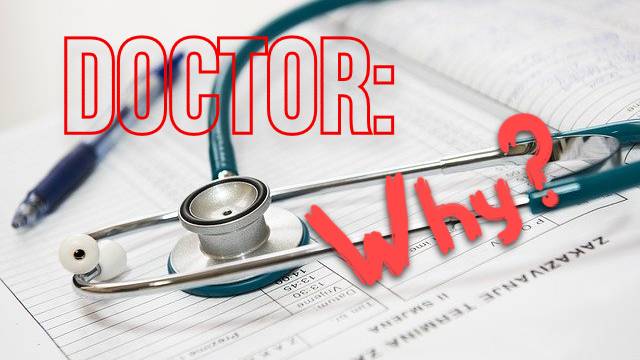By Paul M. Dake, M.D.
Q: I am 55 years old and have suffered from chronic pain since an auto accident about 10 years ago. A relative told me that smoking marijuana or eating products containing tetrahydrocannabinoid (THC) or cannabidiol (CBD) could really help me get around better with a lot less discomfort.
However, I’ve been reluctant because of various reports that it can lead to use of more powerful pain killers and possible addiction. My doctor said she could provide me with a letter certifying that I need THC/CBD for medical reasons.
Are there any studies on this topic that could help me make a decision?
A: A study published a bit over a year ago in the very reputable British Medical Journal (BMJ) might provide the best information. Chronic pain is defined as persisting or recurring for more than three months. If affects approximately one in five people, and more commonly in women, older persons, veterans, Indigenous peoples (such as Native Americans, Alaskan Natives, and Aboriginal Canadians), and those who are socioeconomically disadvantaged.
The key points of the BMJ study are:
1) Non-inhaled medical cannabis/cannabinoids (MCC) can slightly improve pain and physical functioning for people living with chronic cancer or non-cancer pain;
2) Non-inhaled MCC may lead to a small improvement in sleep quality;
3) MCC commonly causes transient dizziness and, less frequently, cognitive impairment, nausea, vomiting, drowsiness, and impaired attention.
It is always important to discuss use of MCC with your physician, as there are a number of prescription medications you may be taking that might interact adversely with MCC. You are fortunate to have a physician who seems open to such a discussion.
As such, a one-week trial of consistent use seems a worthwhile undertaking, scheduled during a time when you can stay home and avoid activities that might be dangerous should you have any of the above-noted adverse effects (see number 3). This approach is generally more rewarding if you can maintain phone contact with your physician every 2-3 days in the first week or so to deal with any questions/concerns you or she might have during this trial.
Thanks to Peter R. for this question. To learn more about this and many other health topics, visit the American Academy of Family Physicians’ website familydoctor.org, where you can click on the Search box in the upper right corner of the website, and enter your topic of interest.
If you have a particular topic you would like to hear about, please email me at paulmdake@gmail.com.
Dr. Paul Dake, a Newberry native, is a retired family physician. He lives in Pinconning, Michigan.












